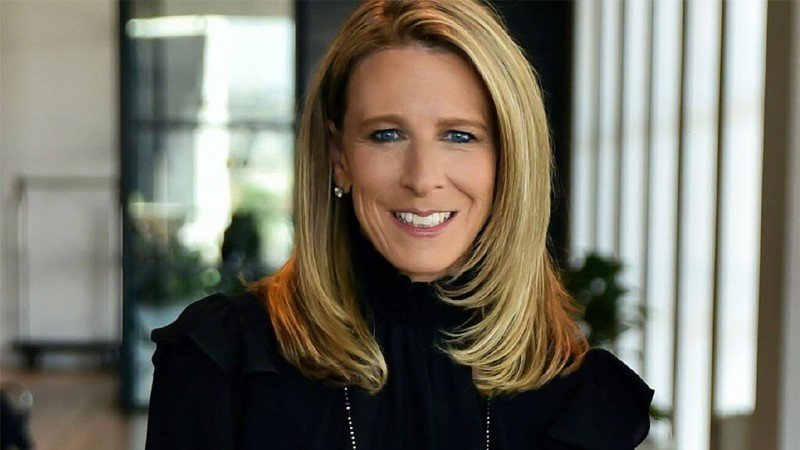FanDuel CEO warns black market activity still a threat to sports betting industry despite new "mainstream" status

Even though legal sports betting in the US has now become “mainstream,” with a growing number of sports and gaming enthusiasts now engaging in this form of wagering, illegal gambling operators still pose a threat to the industry, FanDuel Group Chief Executive Amy Howe said in an event organized by The Wall Street Journal.
The executive, who said sports betting figures delivered by the NFL last season marked a turning point for the legal industry, alleges black market activity still exists despite efforts to expand legalization. And according to her, consumers sometimes might not even be aware they are betting through unregulated sites.
“There’s a massive black market that still exists,” Howe said at The Wall Street Journal’s The Future of Everything Festival. “Hard to quantify exactly but probably to the tune of trillions of dollars. As that black market persists, the states aren’t getting the economic benefit of that. Consumers aren’t being protected.”

Thirty-five states and the District of Columbia have now legalized sports betting in the US. The sector, one of the fastest-growing markets in the gaming industry, celebrated its fourth anniversary on Saturday, May 14, the same date in 2018 in which the US Supreme Court struck down the Professional and Amateur Sports Protection Act of 1992 (PASPA).
The move opened the door to the state-by-state legalization of sports betting, and now half of American adults (130 million) can place legal sports wagers in their home market, according to the American Gaming Association's President and CEO, Bill Miller. But despite these advances, illegal activity still exists, including that conducted by offshore sportsbooks.
In many mature legal markets, like New Jersey and Pennsylvania, regulated brands make up more than 85% of sportsbook searches. However, there still are pending issues to address in terms of illegal wagering: offshore sportsbook brands' search grew by 38% between 2020-2021, the AGA says. And as Howe pointed out, many consumers that placed wagers with illegal operators (55%) believe they bet legally.
AGA's CEO Bill Miller
According to Howe, who was appointed CEO of the gambling heavyweight in October, FanDuel is working to raise awareness about the existing black market among consumers, state attorneys general, and at a federal level. This effort comes as the company's scale of business becomes “massive,” in the executive’s own words.
“I think the NFL was really an inflection point this year,” Howe said, as reported by the cited source. “For everybody who watches NFL games, it was hard to watch a game and not see a number of advertisements…you’ve definitely started to see that tipping point, where it’s become mainstream.”
The sports betting giant took about 8 million bets on the Super Bowl last year, plus another 19 million wagers during March Madness. And while more wagering means good business for FanDuel, Howe says the company is investing more in products to address gambling addiction, allowing customers to manage and limit their own betting activity.

“We believe we have to get this right, in order to protect our business not just in the short term but in the long term,” she said at the aforementioned festival. FanDuel’s parent company, Flutter Entertainment Plc, has a goal that by 2030, 75% of its global customer base should be using at least one of the company’s responsible gambling tools.
Since May 2018, $125.4 billion has been wagered on sports, and legal sports betting in the US has generated more than $1.3 billion in taxes for state and local governments from $8.8 billion in total sportsbook revenue. Also in the past four years, gaming companies, leagues, teams and media companies have formed 310 partnerships.
“The unprecedented growth of legal wagering in four short years clearly demonstrates the failure of the federal government’s ban on legal sports betting,” AGA’s Miller said earlier this month. “I’ve been in and around politics my whole career and I’m hard-pressed to come up with any issue that has been as resoundingly adopted by states in such a short period.”
















































